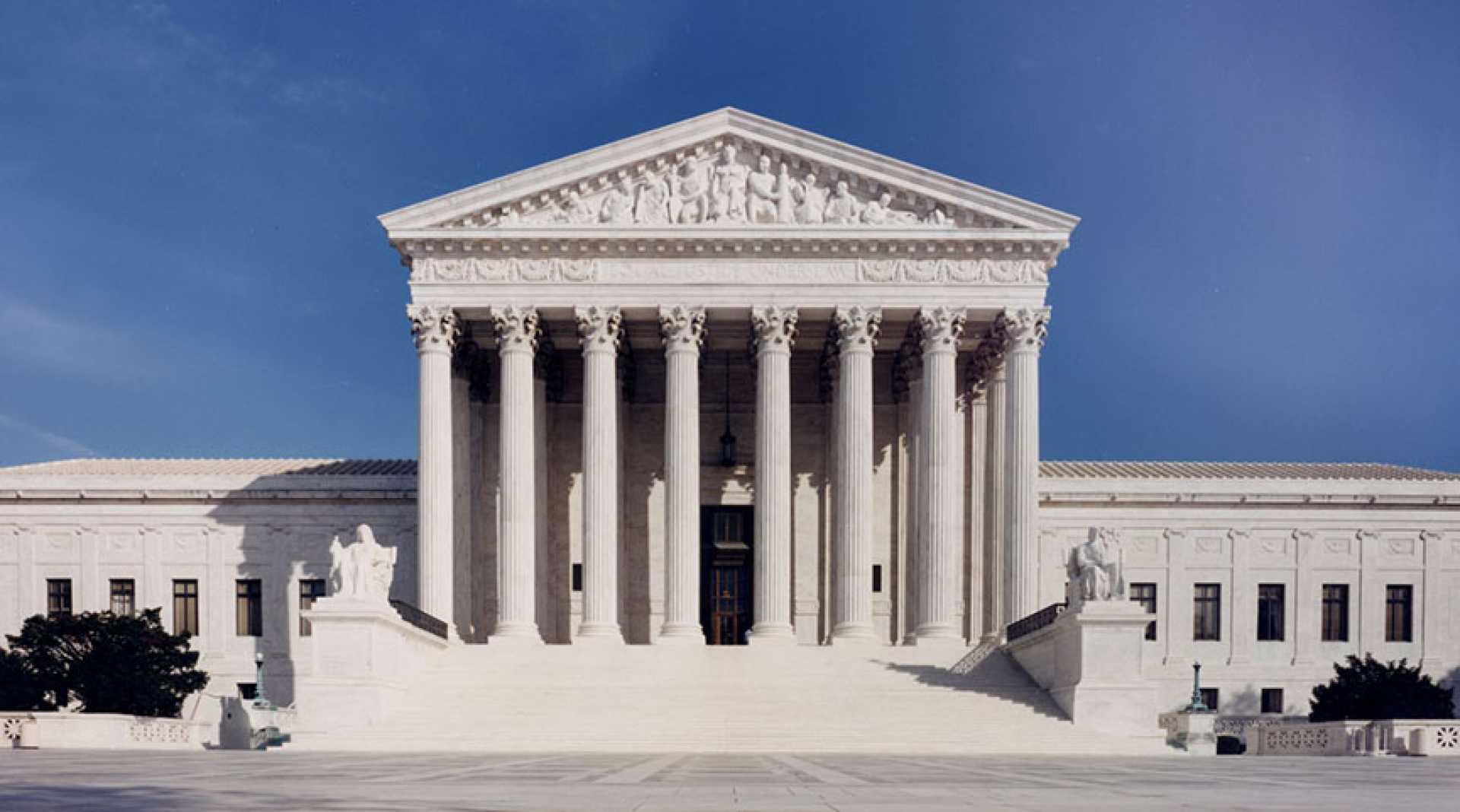Politics
Supreme Court Temporarily Freezes Teacher Grant Funding Amid Controversy

WASHINGTON, D.C. — The U.S. Supreme Court on Friday granted President Donald Trump a significant legal victory by allowing his administration to temporarily freeze approximately $65 million in grant funding aimed at addressing teacher shortages across several states. This decision marks the administration’s first triumph at the high court since it reclaimed power in January.
The five-to-four ruling, which saw Chief Justice John Roberts and three liberal justices dissenting, allows the administration to pause grants providing support for teacher training programs largely focused on diversity, equity, and inclusion (DEI) initiatives. This freeze affects eight states including California, Illinois, and New York, which had sued to block the funding cuts.
The majority opinion, delivered without a formal signed declaration, stated that “the district court judge lacked authority” to issue a temporary restraining order that would block the funding freeze. The court contended that if the states ultimately succeed in their legal challenge, they could pursue recovery for any wrongfully withheld funds through further litigation.
“This is unquestionably a win for the Trump administration, but on remarkably narrow and modest terms,” said Steve Vladeck, a CNN Supreme Court analyst and law professor at Georgetown University Law Center. He mentioned that while the ruling temporarily supports the administration, it does not preclude further legal challenges against it.
Justice Ketanji Brown Jackson, one of the dissenters, criticized the court for overlooking the apparent harms caused to the states by the abrupt funding withdrawal. She highlighted instances such as several schools in Boston firing full-time employees and the cancellation of teacher-residency programs at institutions like the College of New Jersey due to financial uncertainty.
“It boggles the mind to equate the devastation wrought from such abrupt funding withdrawals with the mere risk that some grantees might seek to draw down previously promised funds,” Jackson stated.
Legal experts suggest that the court’s ruling may carry broader implications for how temporary restraining orders (TROs) are handled under similar circumstances. Traditionally, TROs are not appealable but the Supreme Court signaled its interest in reevaluating such orders, encouraging future appeals regarding other components of Trump’s policy agenda.
The administrative freeze comes as Trump’s education team sought to reallocate funds previously allocated to programs deemed non-compliant with the administration’s policy direction. The two affected grant programs—Supporting Effective Educator Development and Teacher Quality Partnership—are designed to recruit and train teachers in underserved communities.
Previous administrations also faced pushback from judges preventing unilateral changes to national policies, but Trump’s administration has intensified its appeals against lower court decisions, arguing that a single district court judge should not be able to dictate national policy.
Acting Solicitor General Sarah Harris articulated the administration’s stance during the Supreme Court proceedings, stating, “Does a single district-court judge who likely lacks jurisdiction have the unchecked power to compel the government… to pay out millions in taxpayer dollars?”
The future of the frozen funds remains uncertain, as much of the grant money in contention may have already been allocated prior to Friday’s ruling. The legal battle highlights ongoing tensions between the executive branch and federal courts concerning the administration’s ability to implement policy changes.
This developing story will be updated as further details emerge.












